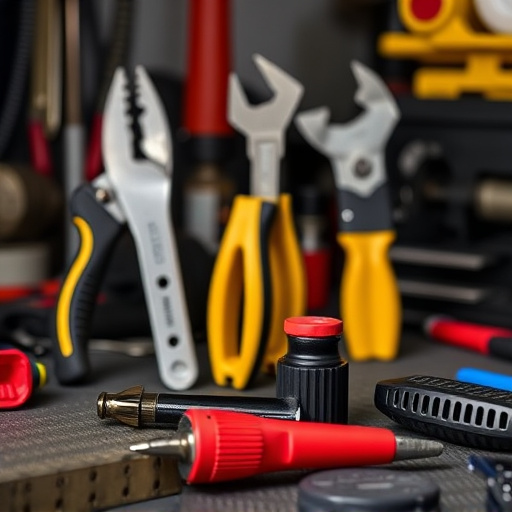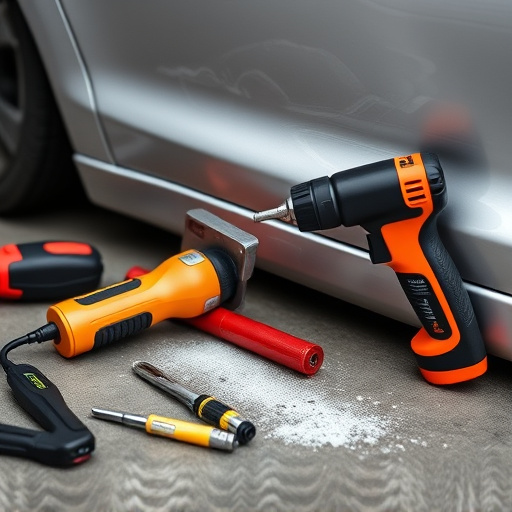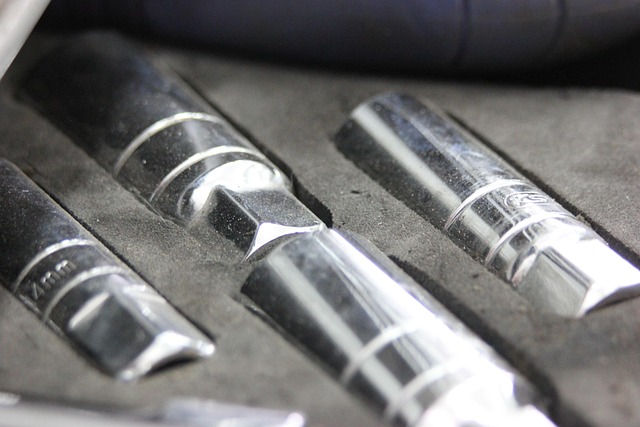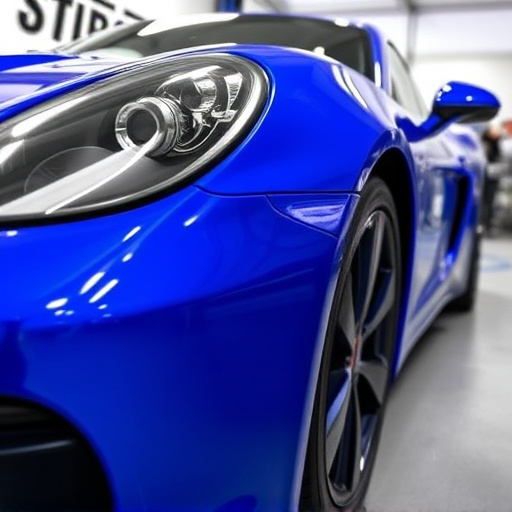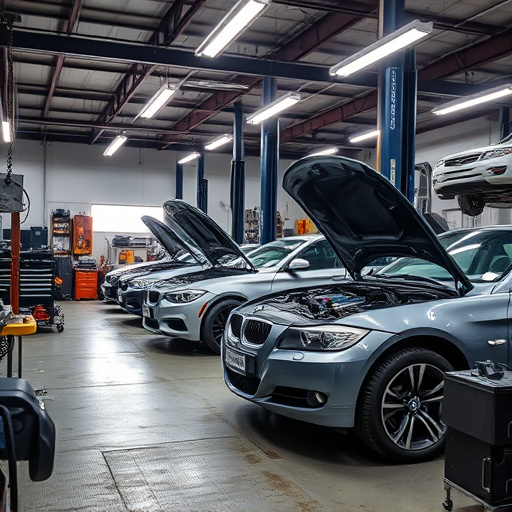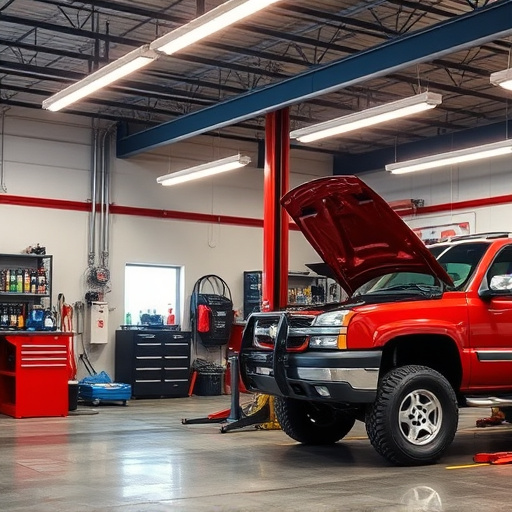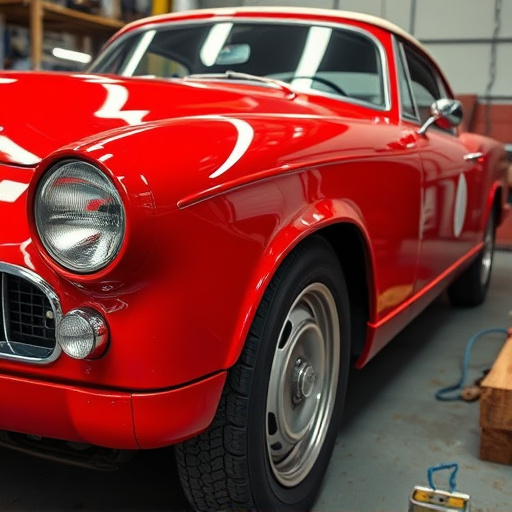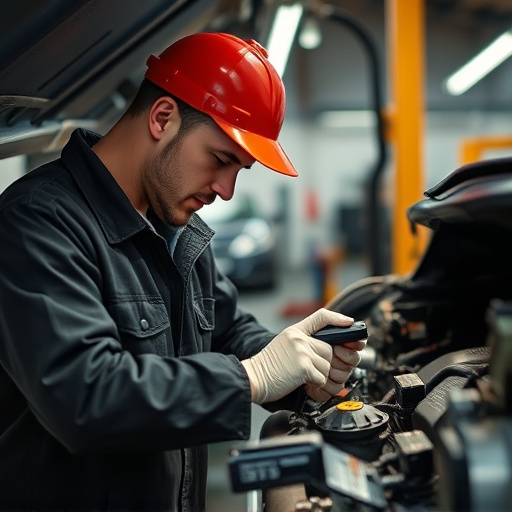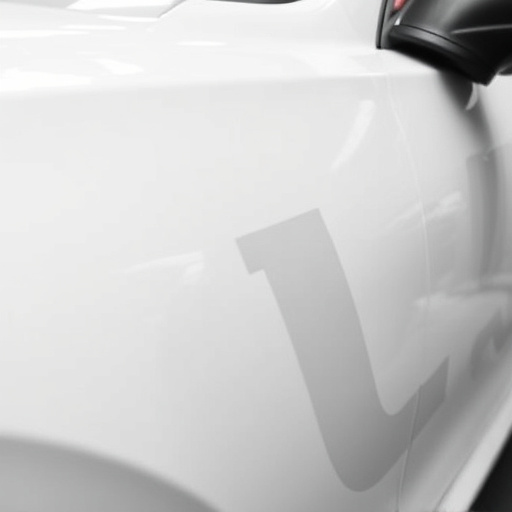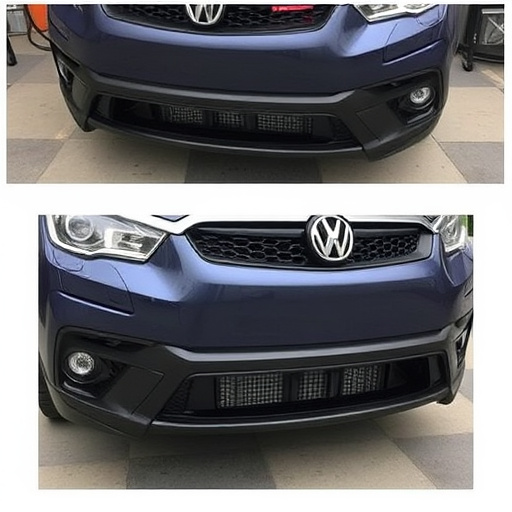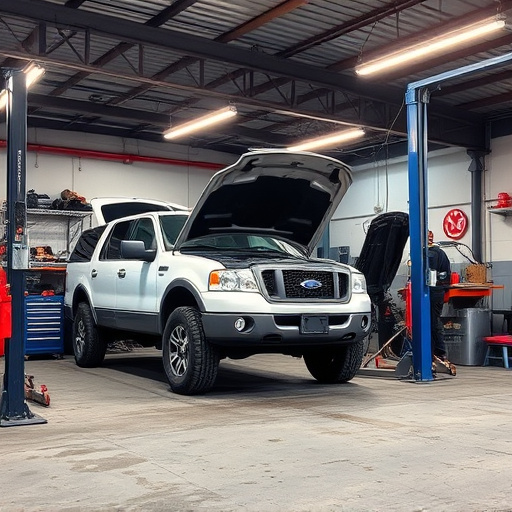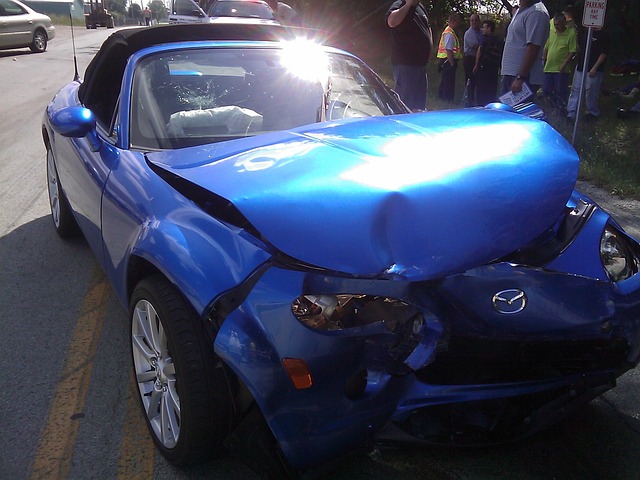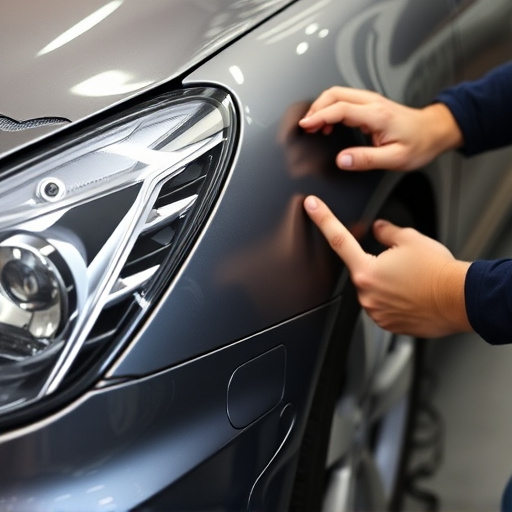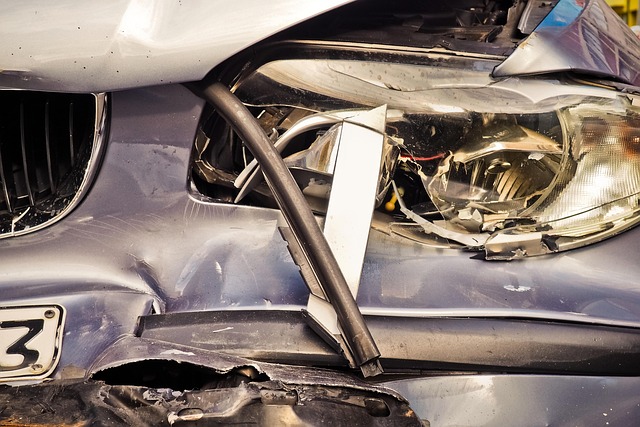Specialty collision hardware is evolving rapidly due to materials science advancements, integrating smart technologies for precision and efficiency. This includes predictive collision avoidance systems that enhance road safety. The industry is also prioritizing sustainability with eco-friendly materials and faster repair methods, revolutionizing vehicle repair processes while minimizing environmental impact.
The future of specialty collision hardware is brimming with innovation, driven by advancements in materials science, smart technology, and a growing emphasis on sustainability. As the demand for specialized protective solutions increases across various industries, developers are pushing boundaries to create safer, more efficient, and eco-friendly products. This article explores these exciting trends, delving into how cutting-edge materials, intelligent collision prevention systems, and green initiatives are shaping the development of specialty collision hardware.
- Advancing Materials Science for Specialty Collision Hardware
- Smart Collision Prevention Systems: The Future of Safety
- Sustainable and Eco-Friendly Specialty Collision Solutions
Advancing Materials Science for Specialty Collision Hardware

The future of specialty collision hardware is closely tied to advancements in materials science. Researchers and manufacturers are constantly exploring new materials that can enhance the performance, durability, and aesthetics of auto collision centers’ tools and equipment. One promising area is the development of lightweight yet robust composite materials, which can significantly improve efficiency in dent repair processes while reducing tool fatigue for technicians.
These innovations extend beyond just the materials themselves. Integrating smart technologies into specialty collision hardware is another trend gaining traction. Sensors and advanced algorithms can now be incorporated into vehicle dent repair tools to optimize precision, speed, and energy usage. This not only streamlines the dent repair process but also ensures consistent quality outcomes. As technology continues to evolve, these advancements will play a pivotal role in shaping the way auto collision centers operate, making them more efficient, environmentally friendly, and capable of delivering superior customer experiences.
Smart Collision Prevention Systems: The Future of Safety

The future of specialty collision hardware is intrinsically linked to advancements in smart collision prevention systems. As autonomous vehicles gain traction, these systems will become even more sophisticated, leveraging sensor technology and AI algorithms to predict and avoid collisions before they occur. This not only enhances safety on the roads but also transforms the role of collision repair professionals, who will need to adapt to new technologies and processes.
In the realm of car body shop operations, this shift could lead to a significant reduction in the frequency and severity of accidents. Smart Collision Prevention Systems (SCPS) can detect potential hazards, such as obstacles or other vehicles, and take proactive measures to avoid them, whether through active steering interventions, automated braking, or even controlled manoeuvres. This technology promises to revolutionise car dent removal processes by minimising the need for extensive repairs, thereby reducing costs and time spent in workshops.
Sustainable and Eco-Friendly Specialty Collision Solutions

The automotive industry is undergoing a significant shift towards sustainability and eco-friendliness, and this trend extends to the realm of specialty collision hardware. As environmental consciousness grows, manufacturers are developing innovative solutions that minimize the ecological impact of vehicle repair services and car body shops. One prominent approach involves creating hardware from recycled materials, reducing the demand for new resources and lowering carbon footprints.
Additionally, many companies are focusing on designing products that facilitate faster and more efficient repairs, thereby decreasing energy consumption associated with fleet repair services. These advancements not only contribute to a greener environment but also streamline operations in modern car body shops. By embracing these sustainable practices, the specialty collision hardware industry is revolutionizing how vehicle repairs are conducted, ensuring a balance between quality repairs and ecological responsibility.
The future of specialty collision hardware looks promising with advancements in materials science, the integration of smart technology for collision prevention, and a growing emphasis on sustainability. As we navigate these trends, the development of innovative solutions will not only enhance safety but also contribute to a greener environment. Specialty collision hardware is poised to become more sophisticated, efficient, and integral to various industries, ensuring better protection and reduced environmental impact.
